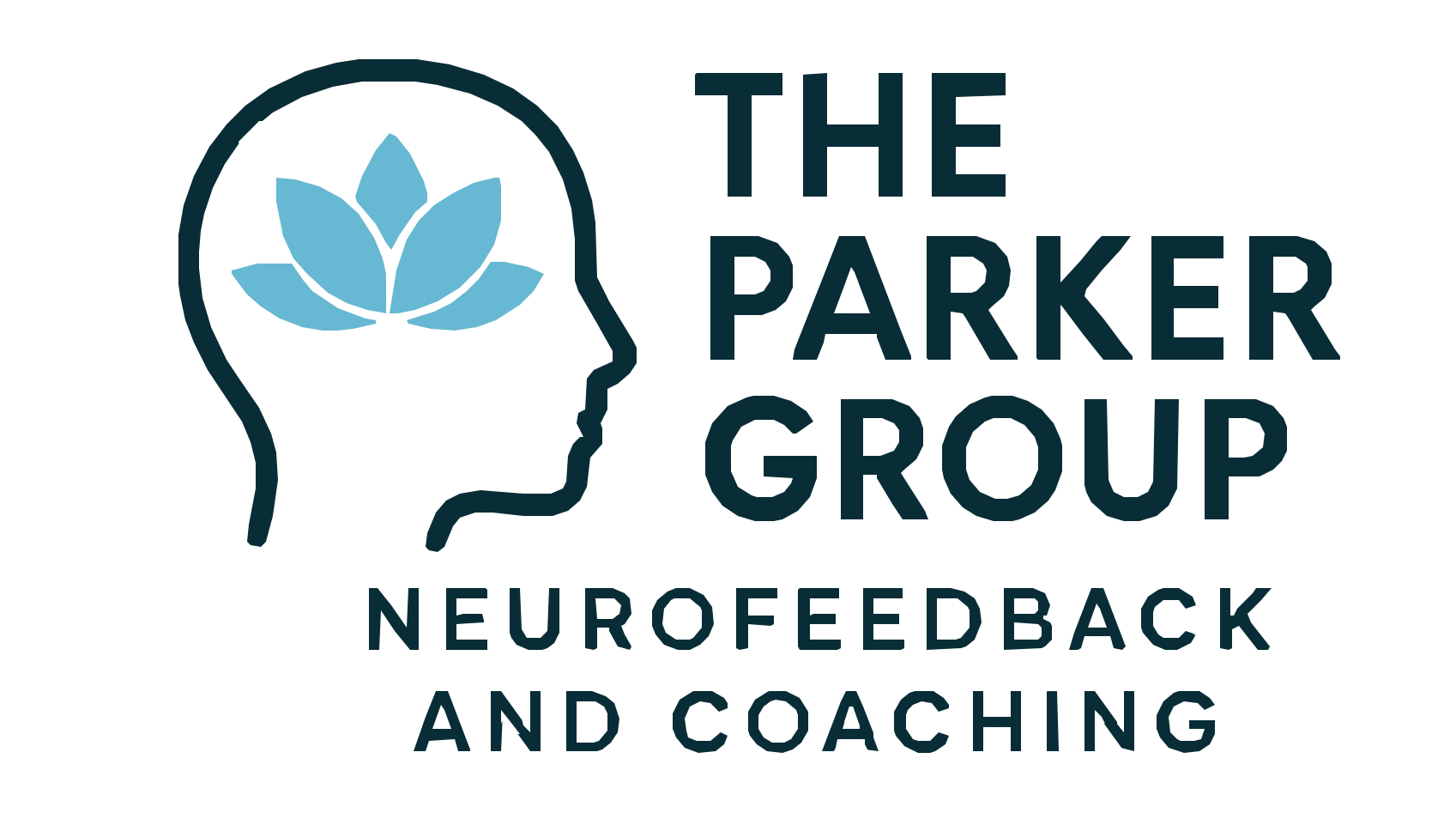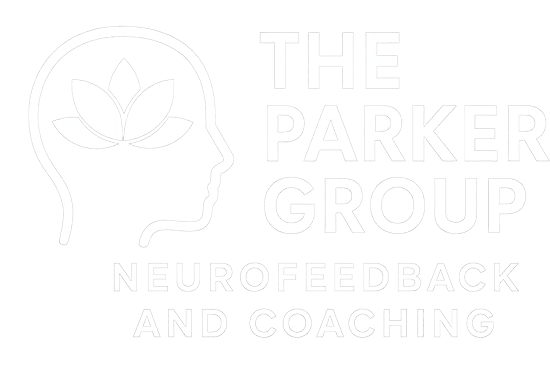Bipolar Disorder Syndrome Treatment
Bipolar disorder affects not just mood, but also behavior, cognition, sleep, and social interaction. The symptoms vary significantly from person to person and even within the same individual over time.
During the manic phase, Key symptoms include:
- Elevated mood: Feeling euphoric, extremely optimistic, or excessively cheerful.
- Increased energy or activity: Hyperactivity, restlessness, or inability to sit still.
- Decreased need for sleep: Feeling rested after just a few hours of sleep or staying awake for days without fatigue.
- Inflated self-esteem or grandiosity: Exaggerated sense of importance, power, or abilities; sometimes includes delusional beliefs.
- Racing thoughts and rapid speech: Talking quickly, jumping from topic to topic, and being hard to interrupt.
- Poor judgment and impulsivity: Engaging in risky behavior such as excessive spending, reckless driving, sexual indiscretions, or substance abuse.
- Distractibility: Difficulty focusing or being easily drawn to irrelevant stimuli.
- Psychosis (in severe cases): Hallucinations or delusions may occur.
During the Depressive Stage, Key symptoms include:
- Persistent sadness or emptiness
- Loss of interest or pleasure (anhedonia): No longer enjoying previously enjoyable activities
- Fatigue or low energy
- Sleep disturbances: Insomnia or sleeping excessively
- Changes in appetite or weight
- Feelings of worthlessness or guilt
- Difficulty thinking or concentrating
- Psychomotor agitation or retardation: Either restlessness or slowed speech/movement
- Thoughts of death or suicide
As you can see, the range of symptoms is vast and could even appear unrelated. Neurofeedback is especially effective in treating the symptoms of Bipolar disorder since protocols target the areas of the brain associated with the symptoms, not the condition itself. The core principle of neurofeedback is operant conditioning: patients receive visual or auditory cues in response to their brainwave activity and learn to modify their brain patterns over time. In individuals with bipolar disorder, research has found irregularities in brainwave activity, such as excessive beta waves (linked to anxiety and agitation) or insufficient alpha waves (associated with calm focus). Through Neurofeedback Training, the brain is taught to produce more balanced wave patterns, which helps stabilize mood and improve emotional regulation.
See How Neurofeedback Can Help
Kickstart your journey to better brain health today! Ready to see how neurofeedback can help you or your loved one thrive? Schedule your free evaluation now at our Tallahassee, FL office. Please call us at (850) 312-5531 or complete the contact form on our website. Joshua and the team at The Parker Group are ready to welcome you, answer your questions, and develop a personalized plan tailored to your goals. Don’t wait—transform your mind and life with neurofeedback!


